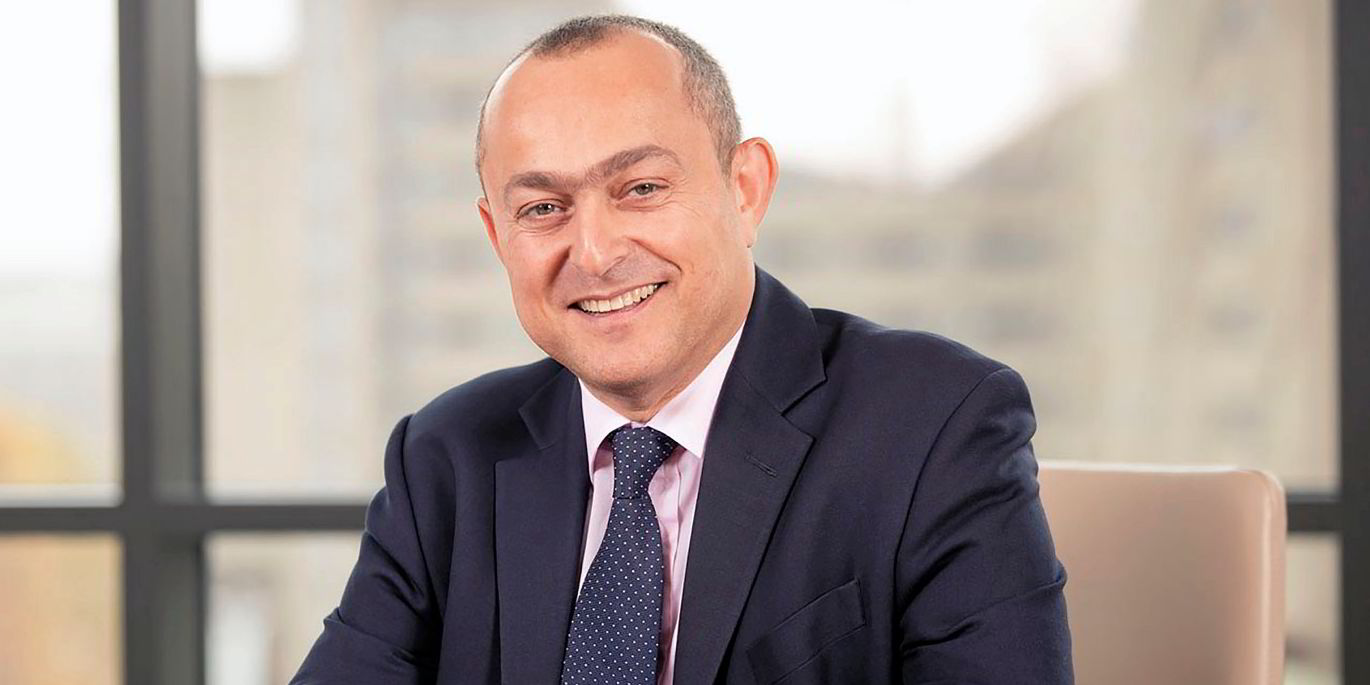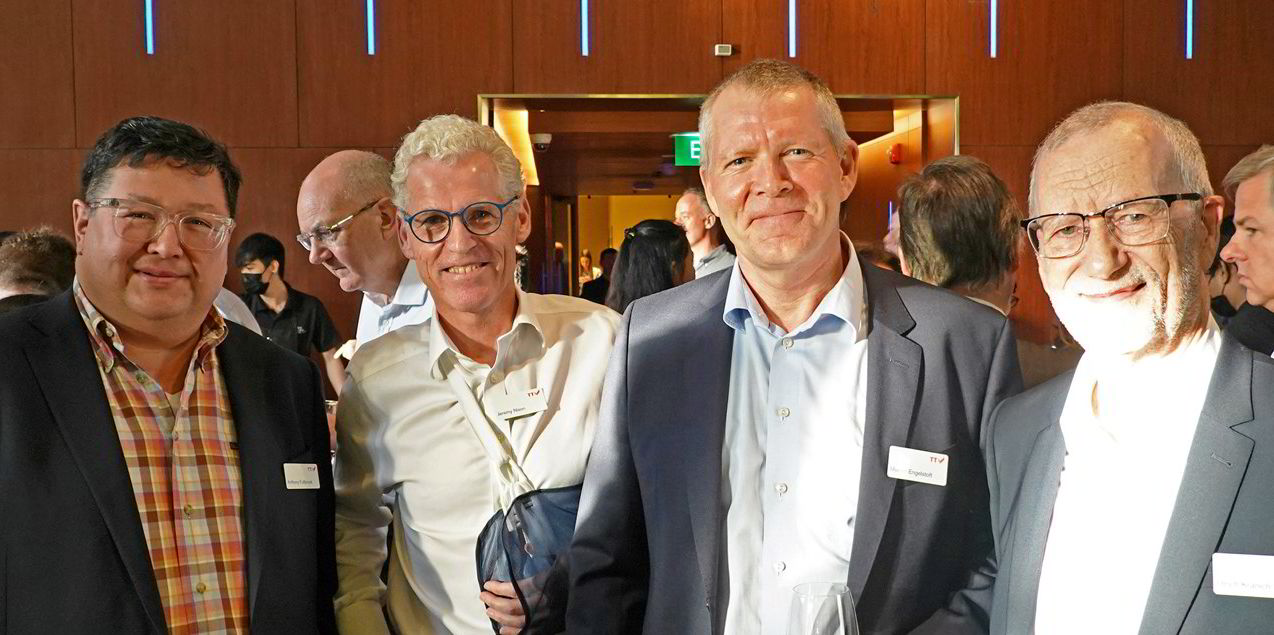Online fraudsters are hoodwinking shipping companies with increasingly sophisticated scams, leading to losses that can run into millions of dollars, according to a professional indemnity insurer.
The London-based International Transport Intermediaries Club, which covers the shipping services sector for claims of negligence including digital fraud, said it handles multiple claims each month.
These result from brokers and others falling for difficult-to-detect bogus emails that redirect client payments — such as charter hire — to accounts run by global crime gangs.
“Seven to 10 years ago, you could instantly tell an email was fake,” the club’s claims director, Mark Brattman, told TradeWinds. “It wouldn’t look right, or the language and the way it was set out would be odd.
“But now, they can spoof it perfectly, even in the email address. They are becoming increasingly sophisticated, and that is the problem — no one is spotting them.”
But if a scam is so perfect that it would be unreasonable to expect people to spot it, ITIC can defend the insured party from a claim of negligence.
And there are procedures that companies can use to protect themselves.
“We try to educate the members on how to avoid these things,” Brattman said.
“If it is a new bank, you should phone them on a number which isn’t on the emails, and say, ‘I’m just checking you have changed your bank account’.
“But people don’t, and pay out unbelievably large sums without checking.”
The problem typifies the work the club does in protecting brokers, ship managers, surveyors and ship agencies from claims of professional negligence resulting from simple human error.
ITIC is a pure mutual working within the Thomas Miller-managed stable of insurance companies. Its membership includes the leading broking houses and its chairman is Clarksons chief operating officer Jeff Woyda.
- Founded: 1992
- Members: 3,600
- Gross annual written premium: $68.5m
- Free reserves: $230m
- Operating result: $8.2m
- Combined ratio: 88%
In recent years it has expanded into other sectors, including aviation, rail and offshore wind.
ITIC has 3,600 members and has built up A-rated financial reserves of about $230m.
Unique edge
It competes with other professional indemnity insurance providers in the commercial markets, but it believes its mutual status and membership, made up of shipping and other transport experts, give it a unique edge.
As a mutual, it has developed a strong financial base and has managed to return premiums to members through a continuity credit scheme each year since it was set up in 1992.
It also means that if a claim is declined, an assured can ask for it to be reassessed by specialist representatives on the board.
“One of the benefits we always tell our members is, if we, as the managers, do not think your claim is covered, you have the benefit of going to the board, and your peers can decide. If there isn’t someone on the board from that sector, we can always co-opt someone on for that particular case,” Brattman said.

The nature of claims tends to follow developments in the industry such as Covid-19 or sanctions, an issue that presents another possible pitfall for shipping professionals.
The next issue likely to be of concern is the European Union’s Emissions Trading System.
Ship emissions data could be contested between the stakeholders once the time comes to part with money.
“We are now gearing up for the ETS,” Brattman said. “Ship managers have to collect the emissions data and from 2025 they will have to start paying money. And that is when we think there will be allegations against the manager that … they have not collected the data correctly.”
ITIC has been participating in shipowner lobby group Bimco’s drafting committee, drawing up contracts for the ETS to make sure it is fair for its members.





